
In times of tragic loss, several people reach out for their friends and family for comfort, while others keep to themselves. Teejay Raj writes a letter to his most loved Pixie to express his love and share the bereavement.
My heart throb Pixie, It’s been only a month since you left us and crossed over the rainbow bridge. I am writing this letter to try and let you go. For some reason, I am unable to find peace. Sometimes it feels like a dream, but I don’t know what kind, good or bad. Half the time it’s like I’m in the middle of a nightmare, but maybe I’ll wake up and see you on my bed. Or maybe I’ll look over right now and see you lying by my chair where you’d always be when I am home.
Sometimes it’s like you were just my imagination. I want to fall asleep again and hope that I re-start that same dream. Was it really nine years ago that I first saw you? We were supposed to have another two or three or even five years to hang out and go on walks, talk, travel, or play, or was that all just a happy dream?
I wept when you passed away, I still cry everyday although I loved you deeply, I couldn’t make you stay. A golden heart stopped beating, Tiny little paws at rest. God broke my heart to only prove he takes the best. You came to my life when I was struggling with a shocking discovery of a lifelong disease with no cure in medical science. This hit me hard. It was difficult for me to come to terms with the unwanted developments. What was more dreadful was the fact that I cannot lead a normal healthy life anymore. My dependency on medicines, constant vigilance on day-to-day simple activities, brought fear and insecurity which gradually led to massive bouts of depression and suicidal tendencies.
During the whole process, I didn’t even realise when I isolated myself from the world. Eventually it led me to attract strong tendencies to hurt myself.



I still remember the feeling when I first saw you as a teenee weenie pup at the adoption centre in Delhi. With you, the conversations were magical – someday I might have to leave this world without getting a chance to tell you goodbye so I just want you to know that all my happiest memories are with you. Promise me, you will never forget all the time we spend together and promise me no one will ever take my place in your heart ever.
The day I adopted you, I found my missing piece – you completed me and made a better person out of me. Thank you for coming into my life and making me happy and content every single day. Maybe I wasn’t the perfect father for you- but I did everything in my power to make you happy.
In a world where everyone is overexposed- you have always taught me to enjoy life in private. If I could give you one thing in life, I would give you the ability to see yourself through my eyes, only then would you realise how special you were to me. Time has made me realise, choosing you was one of the best decisions of my life. You made me believe in myself when everyone gave up on me. You taught me compassion, love without condition or boundaries and caring and sharing. Maybe someday, somewhere we will meet again.
But for now, I will keep you safe in my thoughts like a gem well-kept in a treasure. I will always see you as long as my heart beats. When I walk around the house, I feel like something is missing. You aren’t there to greet me, No tail wagging, no tongue lolling. Life will never be the same. It is a quiet empty home- my tiny little girl now sleeps peacefully. And it hits me at random throughout the day. I went over to the terrace of our block last Tuesday to look for something, and my dear girl, I was thinking of you. I had to sit down and gather myself before I could get back to looking. There’s something I wanted to talk to you about, thank you for the nine years of being the best girl. It was a joy to grow up with you and it still breaks my heart that I won’t be seeing you anymore.
I want to read you the best quote I have ever heard, “You don’t know what you have, until it’s gone.” Truth, is you know exactly what you have but you just never thought, you would lose it. You have given me all your love and for staying as long as you possibly could. I never thought it was possible to love someone so deeply and so selflessly. You’ve taught us so many things without saying a word. You’ve changed me into a completely different human being. and now that you’re gone, I feel so lost and confused about my very own existence.
As far as I can see, grief will never truly end, it may become less shearing over time. Some days the pain does feel sharp. Grief will last as long as love does forever simply the way your absence pains my heart. A deep longing, along with deeper love…..someday the heavy rains lash and the next day the tide may recede. It will be an ebb and flow, the constant dance of pain, sorrow and sweet love.
I don’t often ask for help; I handle my own healing. When I do need someone that’s when you know it’s bad and I am literally struggling emotionally and mentally. You were so little when we got you and I was so young. Your passing symbolizes the end of an era, the end of very sweet memories. I love you Pixie, may you find happiness and lots of time to run and play on the rainbow. I miss you so much already. I am hoping this last letter to you gets rid of my heartache but it’s not working. Hopefully, I will find you in my dreams and thoughts and heal from this loss. You will always be “Daddy’s Little Girl”. I promise to see you on the other side when the time is right.
Unexpected Goodbye Forever in My Heart my baby.
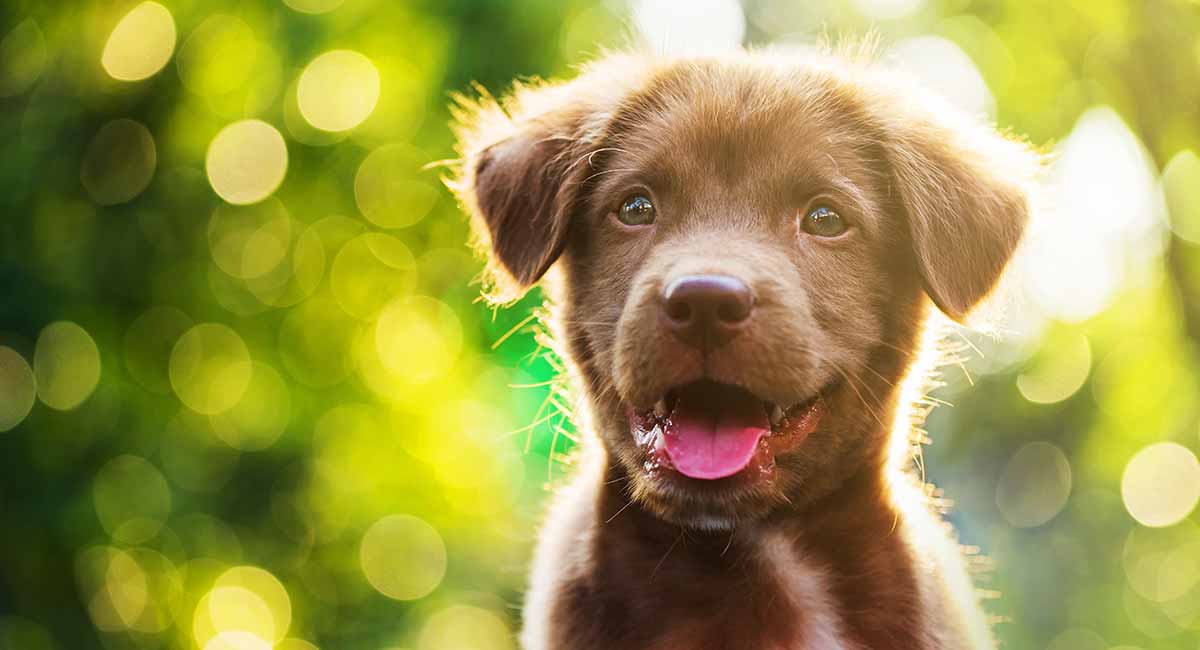


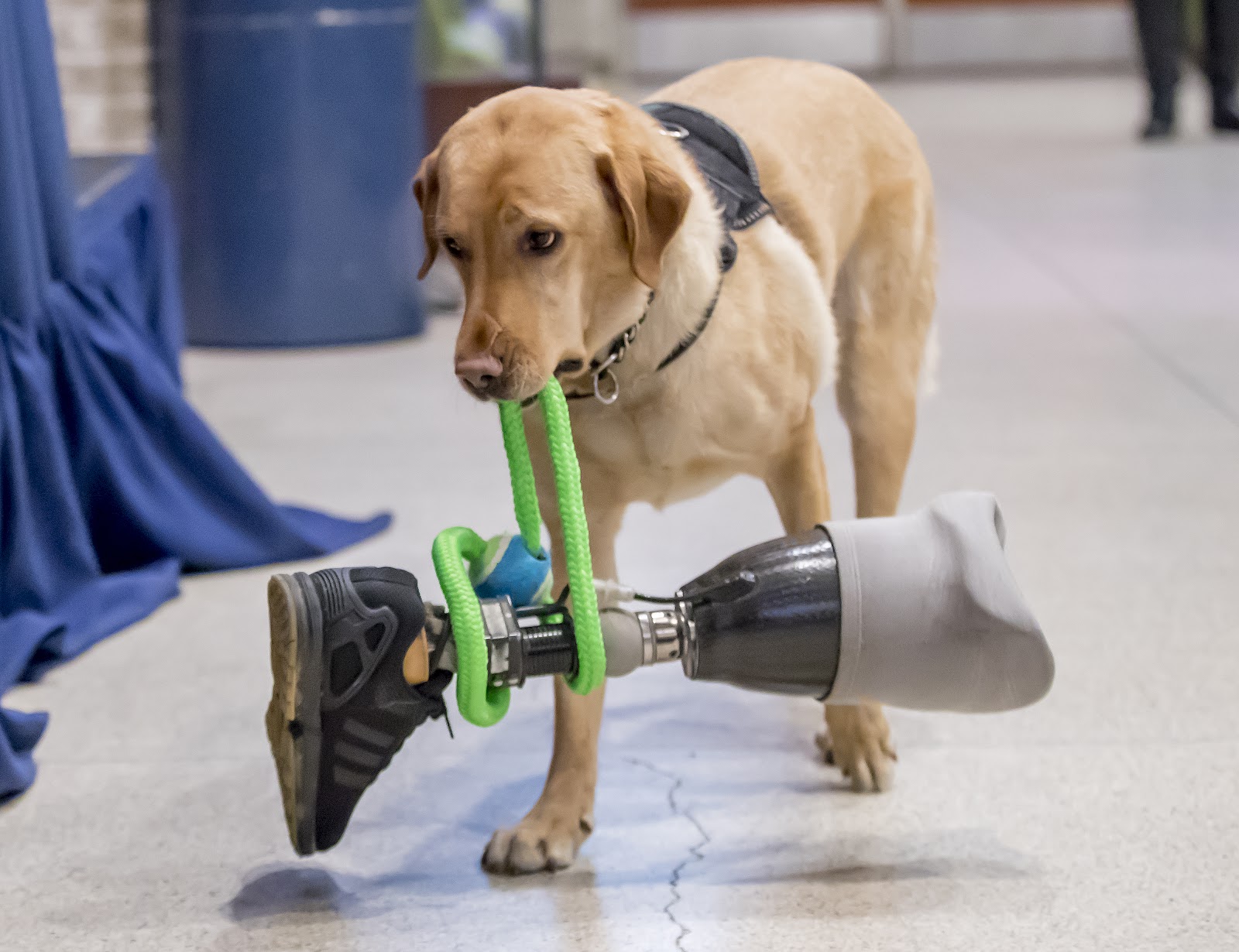

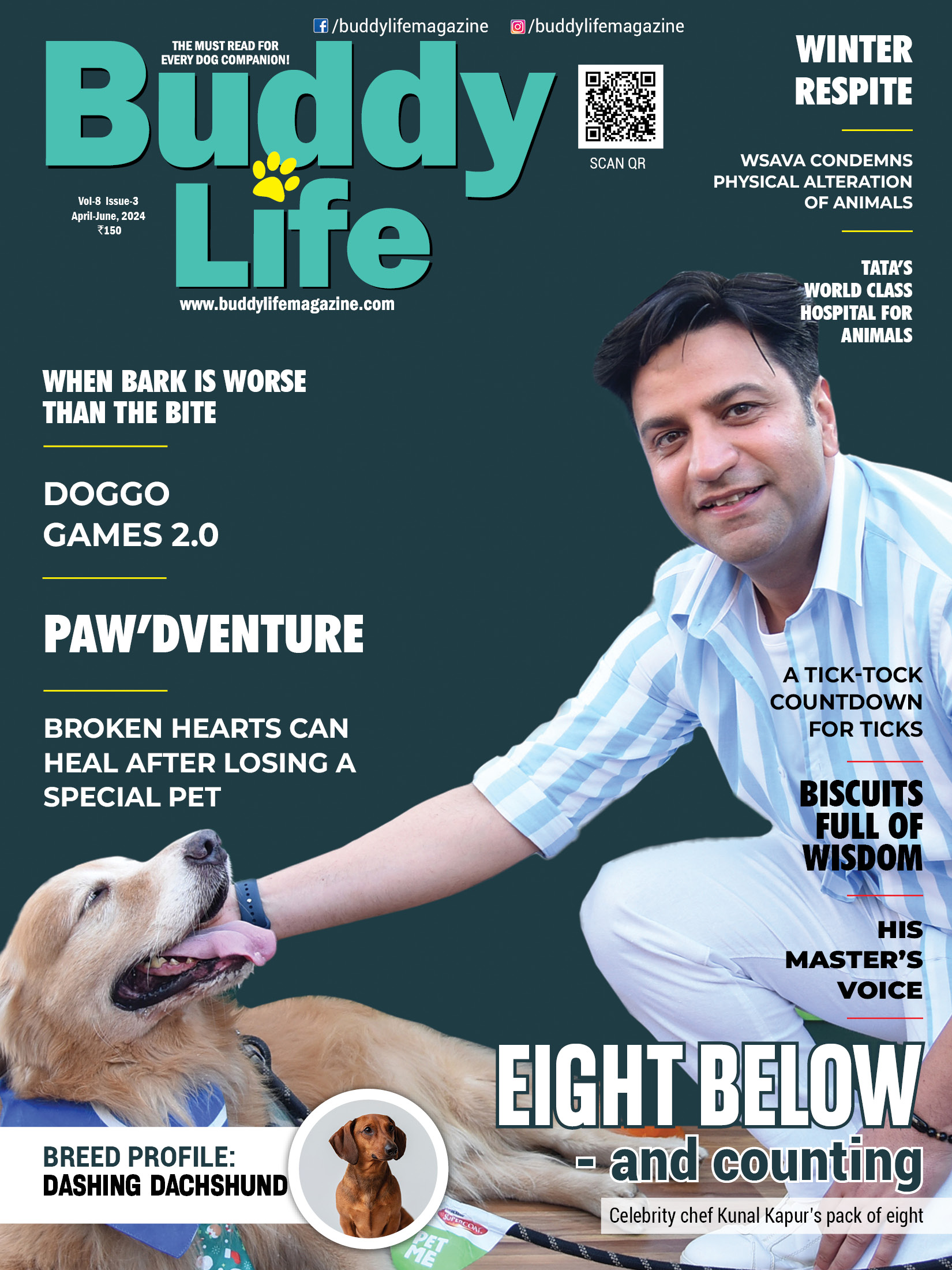




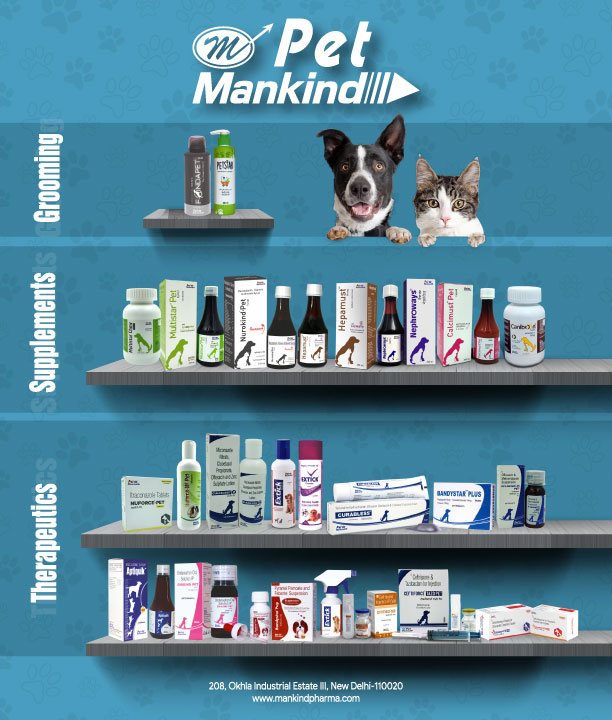

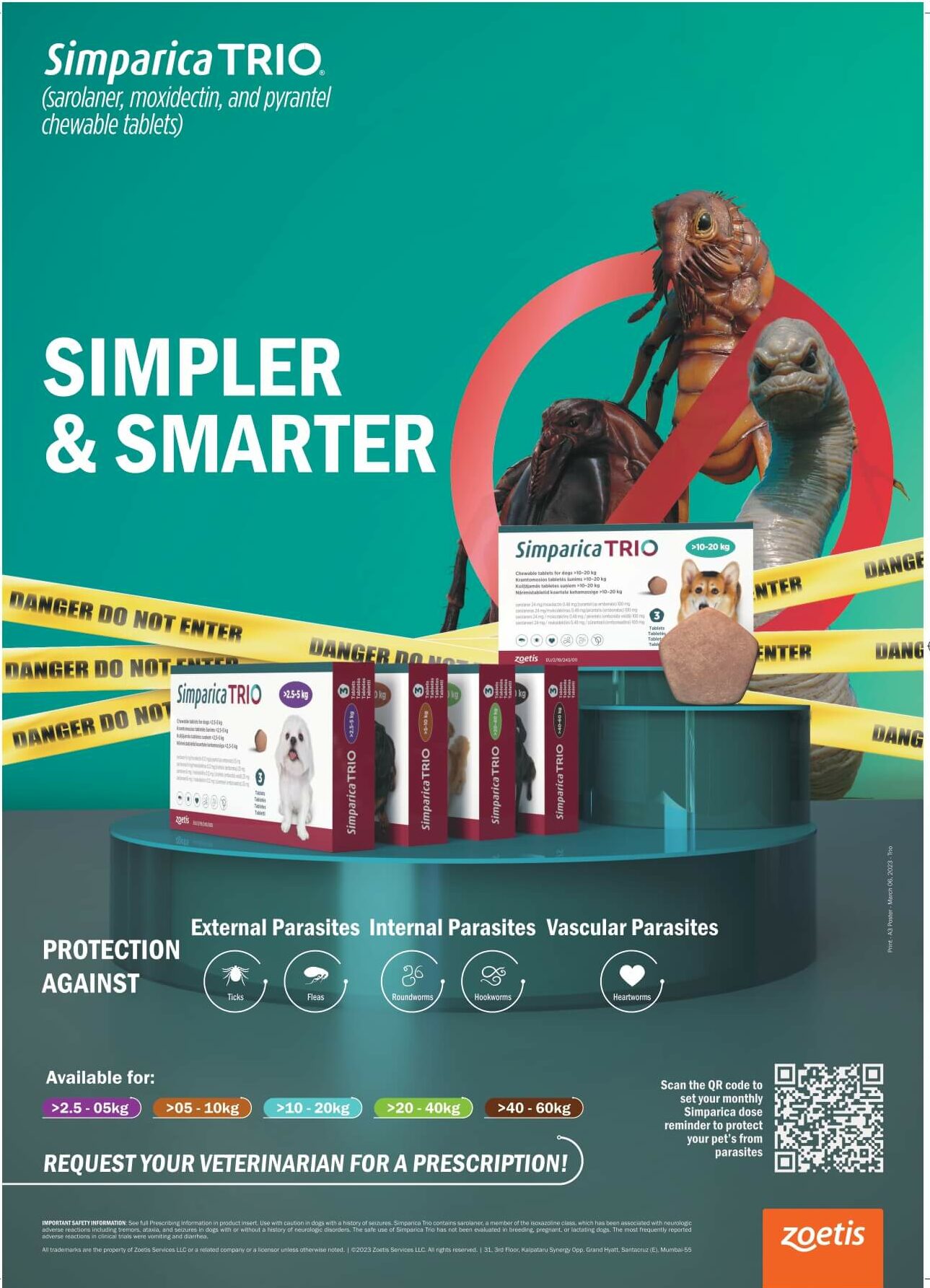


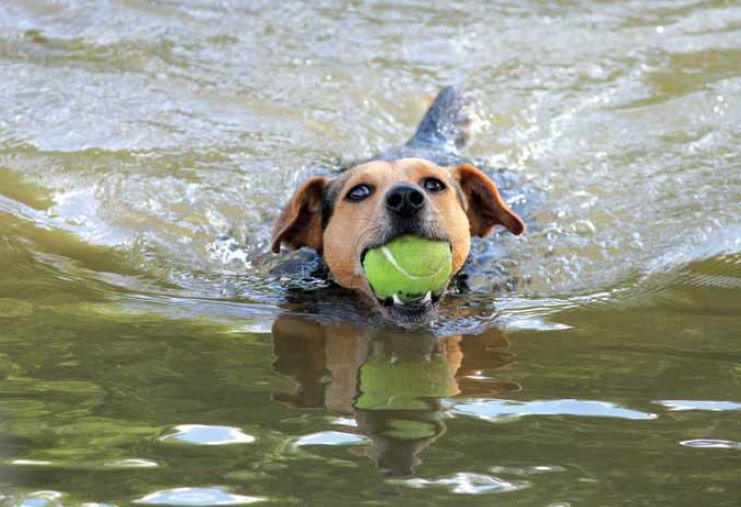 " >
" >
 " >
" >